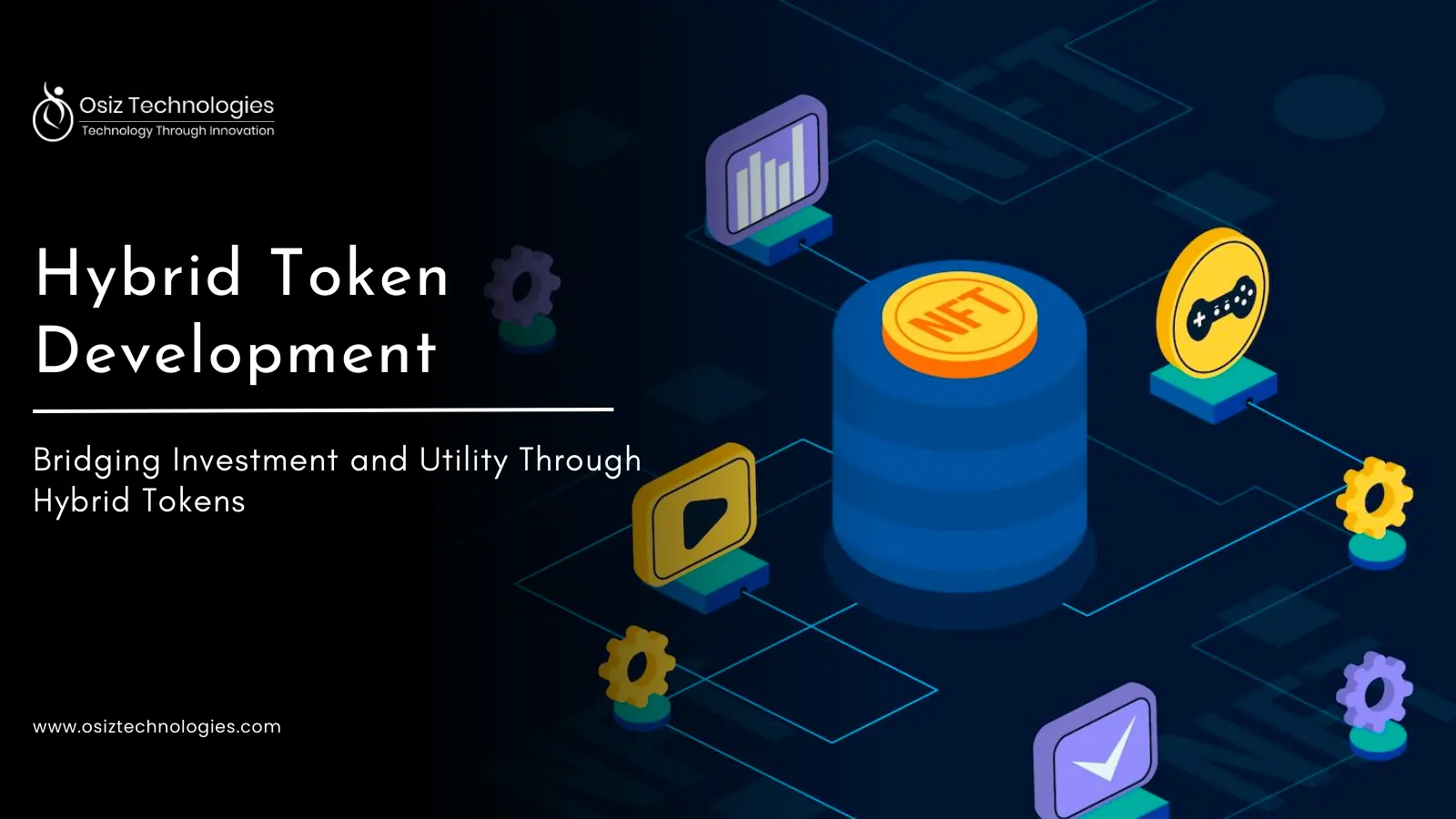Blockchain is an evolving technology in all sectors and also made a transformative attempt in the energy sector by providing secure data management, tamper-proof certificates, and peer-to-peer energy trading. Blockchain in the energy sector enhances efficiency and reduces costs making businesses attain their goals and create a sustainable energy system. Below is the complete detail on how blockchain technology is used in the energy sector, its advantages, limitations, and the future of blockchain.
Let’s Read to Explore!
Advantages of blockchain technology
Transparency:
Blockchain technology enhances transparency within the energy sector. It allows every participant in the network to maintain their own copy of the blockchain. This means all recorded information can be verified by each member. The immutability of the blockchain ensures that once records are stored they cannot be altered, this fosters improved regulatory compliance. Companies do not need to sacrifice control over sensitive data which is crucial in an industry where trade secrets are highly valued.
Cost Reduction:
The energy sector's networks and supply chains often involve numerous participants. This includes those involved in oil production and distribution such as exploration, extraction refining, transportation, and marketing. Blockchain technology streamlines communication among these parties and speeds up processes. It also reduces inefficiencies resulting in significant cost savings for organizations.
High Security and Safety:
Blockchain is renowned for its robust data security. In the energy market, blockchain technology secures data with highly secure blocks, each containing a chronological link to the previous blocks. This capability to track and preserve transactions enhances the technology’s reliability and credibility.
Decentralization:
Blockchain operates in a decentralized manner, enabling peer-to-peer networks to function without central authority oversight. Smart contracts can also automate transactions between network participants, showcasing blockchain’s potential to drive innovation and security in the energy sector. Additionally, blockchain can facilitate the adoption of smart meters and grids, potentially connecting end users directly to the grid.
Digitalization:
Blockchain technology can digitize physical assets through tokenization using smart contracts. This capability could transform how excess energy, carbon credits, and other commodities are traded, leading to new methods for managing and trading these resources.
Utilization of Blockchain in the Energy Sector
Peer-to-Peer Energy Trading:
Blockchain can have a huge impact on shifting the energy sector to P2P energy trading. It allows people and organizations to sell energy to each other directly, thus avoiding utilities and grid operators in the supply chain. This leads to efficient and low-cost energy markets while securing better utilization of renewable energy sources.
For example, in Brooklyn Microgrid, residents are using blockchain to transact in the purchase and sale of solar power produced at the location. For example, it is estimated that by 2050, P2P trading of energy could meet up to 45 percent of global electricity demand from distributed energy resources.
Blockchain’s Part Smart Grid Management:
The technology is also applied in smart grid management, which applies advanced technologies like sensors, control systems, and data analytics to bring improvements in reliability, efficiency, and sustainability. Blockchain offers a secure and transparent mechanism to control energy and data flows in a smart grid.
For example, Exergy uses blockchain to track and manage energy demand and supply in real time. This independent assessment has pegged the blockchain market globally within the energy sector to be worth $1.9 billion by 2025.
Carbon Credit Trading:
It enables carbon credit trade by securing it and bringing transparency into the transfer. These credits could be awarded to a company, or any other individual grantee, by funding the projects that lower or erase the level of CO2 gases in the atmosphere, thus offsetting the GHG emissions.
The technology is integrated into securing and making the trade of carbon credit transparent. Carbon, among other platforms, applies blockchain in a frictionless marketplace for buying, selling, and tracking carbon credits.
Limitations of Blockchain in the Energy Sector
Despite the emergence of various blockchain initiatives, several challenges hinder its adoption in the energy sector:
Regulatory Uncertainty: Many regions, including Japan and Europe, lack well-defined blockchain regulations, complicating the management of decentralized energy systems, setting electricity tariffs, and resolving disputes. The lack of comprehensive regulations causes ambiguity.
51% Attacks: Some blockchains are vulnerable to attacks where an entity controlling more than 50% of the network can disrupt transactions. Smaller networks are especially susceptible, as gaining control over 51% of a large blockchain requires significant computational power.
Scalability and Energy Consumption: Blockchain technology often demands substantial energy and time to confirm transactions due to its design. While advancements are being made, scalability and energy efficiency remain areas requiring improvement.
Limited Grid Infrastructure: Effective implementation of energy blockchain requires an interconnected smart grid. Current infrastructure needs to be optimized with new smart meters to accommodate additional participants and integrate blockchain technology.
Future of Blockchain in the Energy Industry
While blockchain technology is still in its earliest stage, much potential remains to be unleashed for the revolution of the energy sector. Some major potential impacts will be noted in the next sections.
New Energy Markets: Blockchain could enable the emergence of new markets for renewable energy certificates, carbon credits, and other services for ecosystem services. These markets would diffuse renewables and enhance sustainable practices.
Consumer Empowerment: This technology can potentially empower consumers with greater control over their consumption and energy choices. Through blockchain, consumers can track in real-time the amount of energy they use and even purchase energy directly from renewable sources.
Decarbonization of Energy: This is one area in which blockchain can play a very important role in reducing the carbon footprint of energy. This shall be achieved by integrating renewable energy sources and distributed energy resources, establishing carbon markets, and tracking carbon emissions.
Transform Your Energy Solutions with Blockchain at Osiz
While challenges remain, integrating blockchain into your energy systems can unlock new opportunities and expand your business horizons. Partnering with Osiz, a leading blockchain development company, can help you navigate these obstacles and simplify the development process. Our skilled team of developers is dedicated to delivering tailored solutions to meet your needs. Utilizing a robust technological stack, we have created a scalable, semi-real-time solution that is now being enhanced with cryptocurrency and gamification features to boost security and engagement.
Listen To The Article












